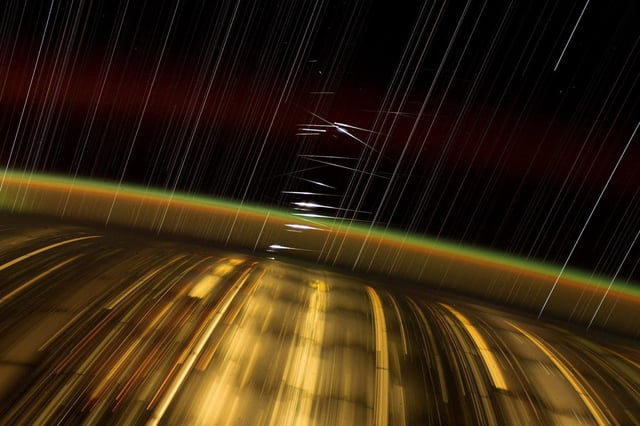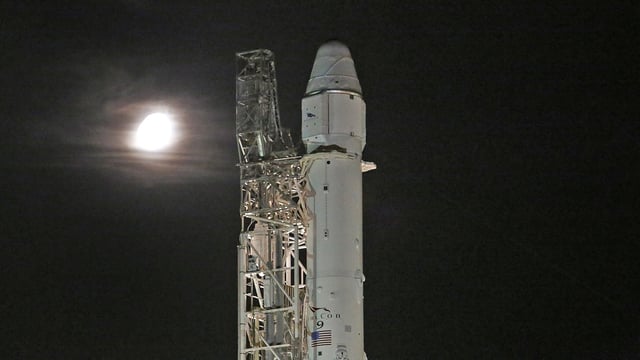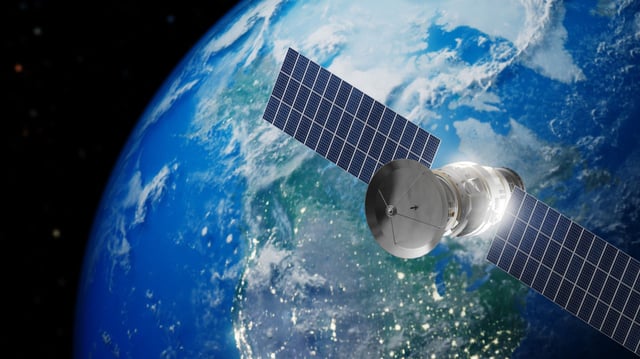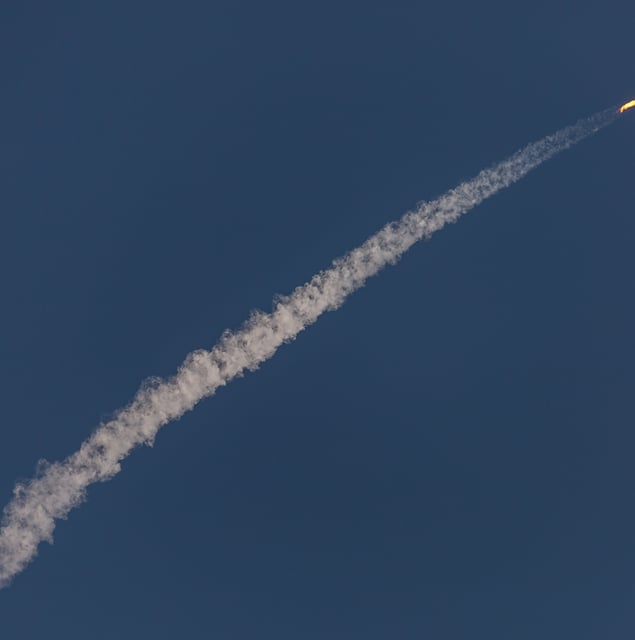Overview
- Greenhouse gases are causing the upper atmosphere to cool and contract, reducing its density and slowing the natural removal of space debris.
- This change threatens the carrying capacity of low Earth orbit, where most satellites operate, potentially reducing it by 50-66% by 2100 if emissions continue to rise.
- The shrinking atmosphere extends the lifespan of space debris, increasing risks of collisions that could trigger a cascading chain reaction known as Kessler syndrome.
- The rapid growth of satellite launches, including megaconstellations like SpaceX's Starlink, is already straining orbital capacity and safety.
- Researchers emphasize that reducing greenhouse gas emissions is critical to maintaining sustainable satellite operations and mitigating future debris risks.



